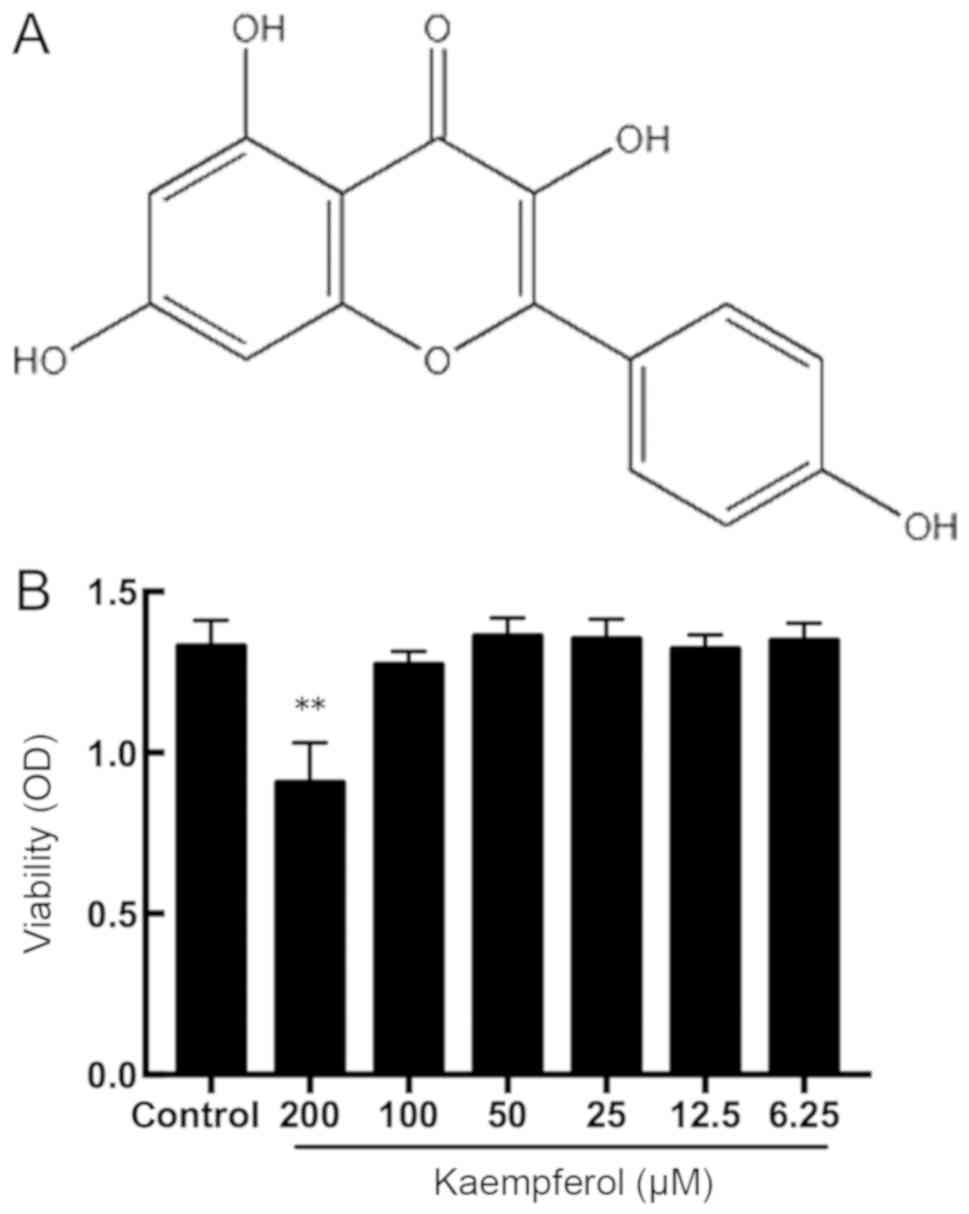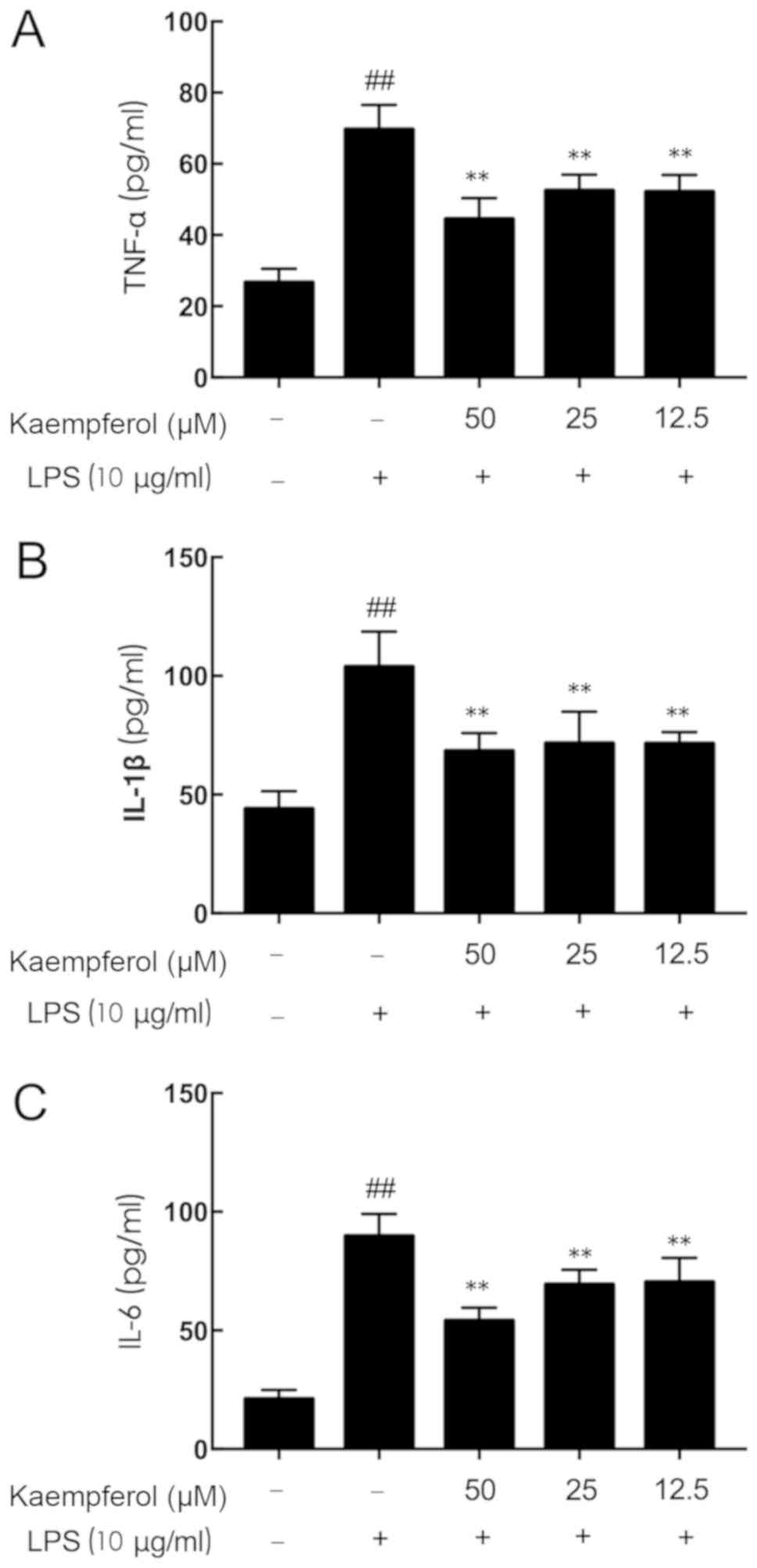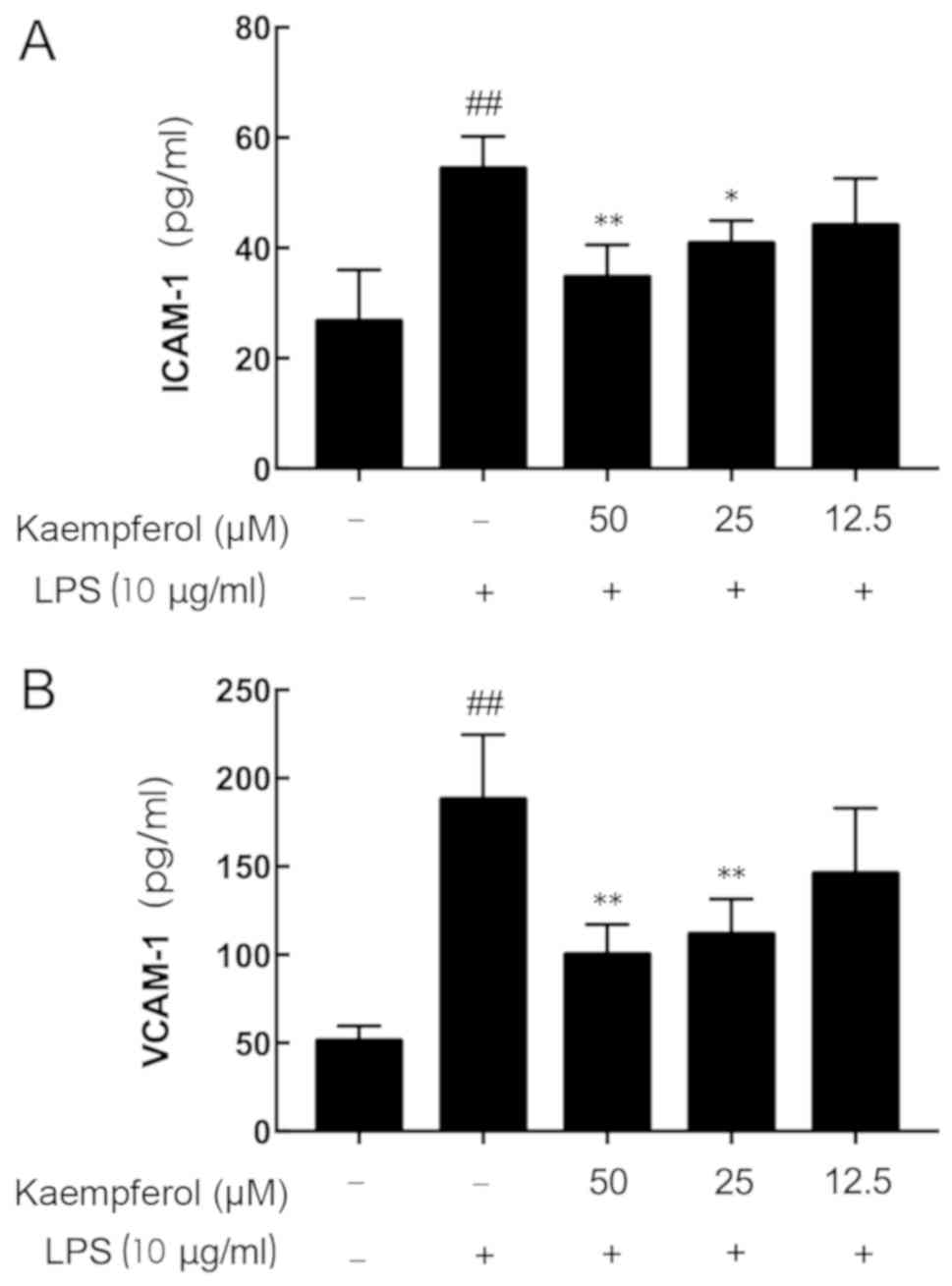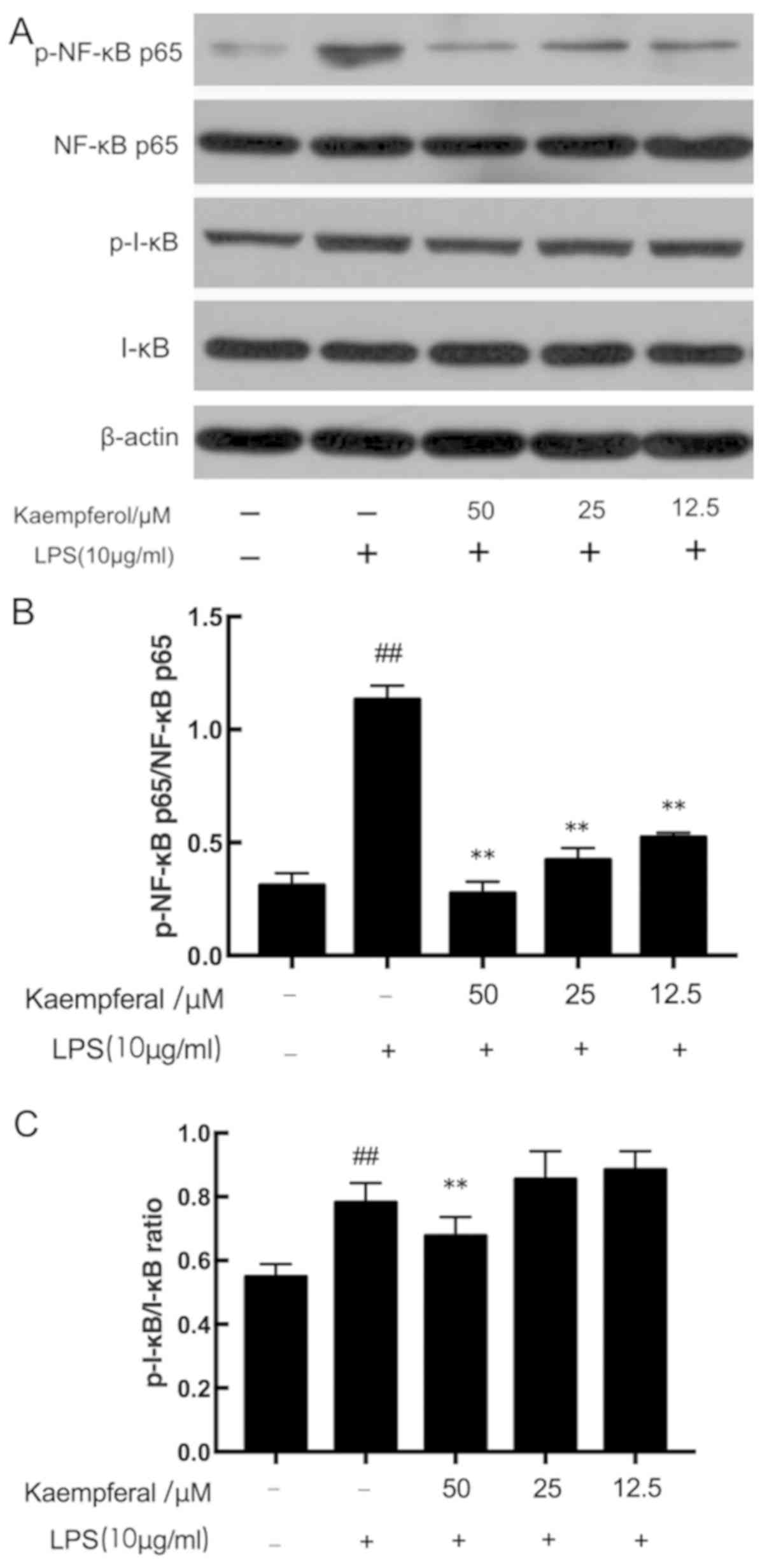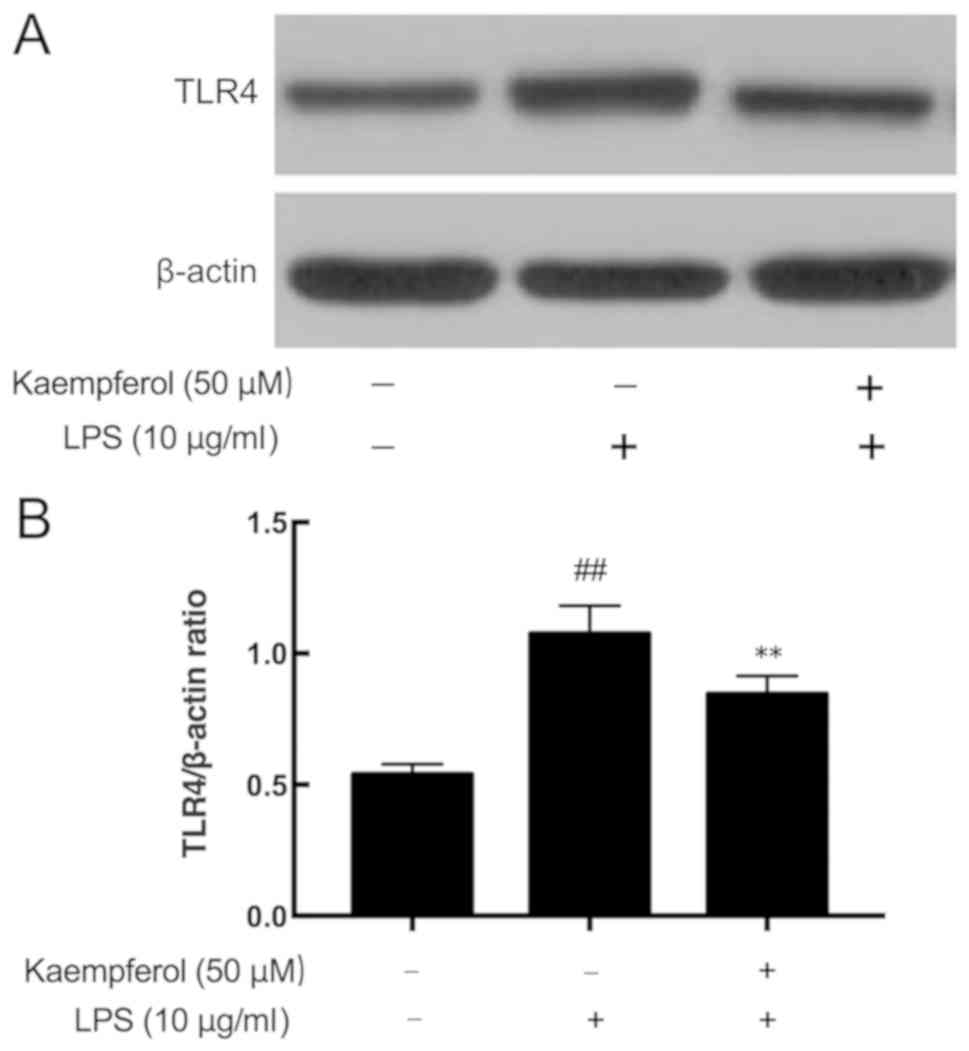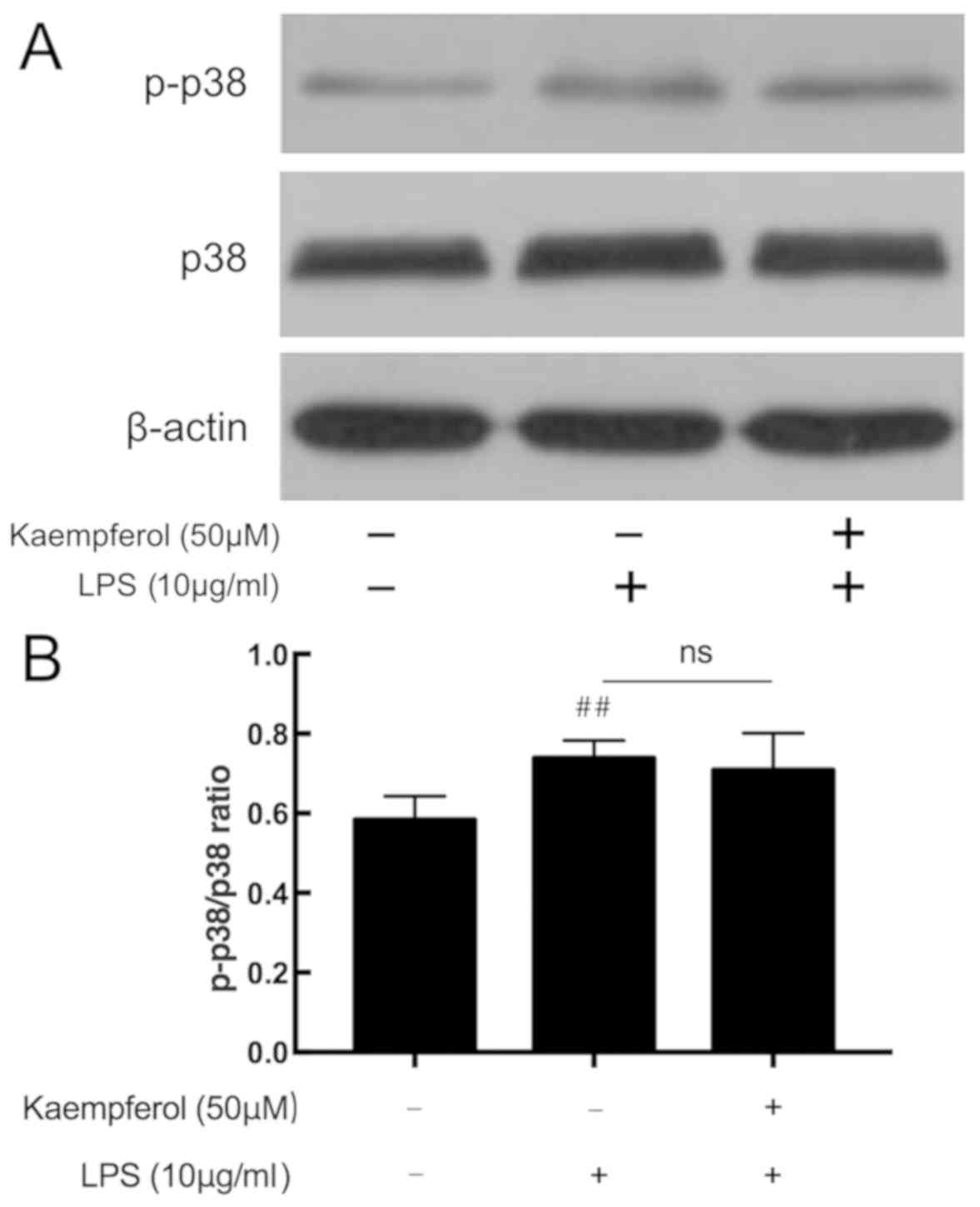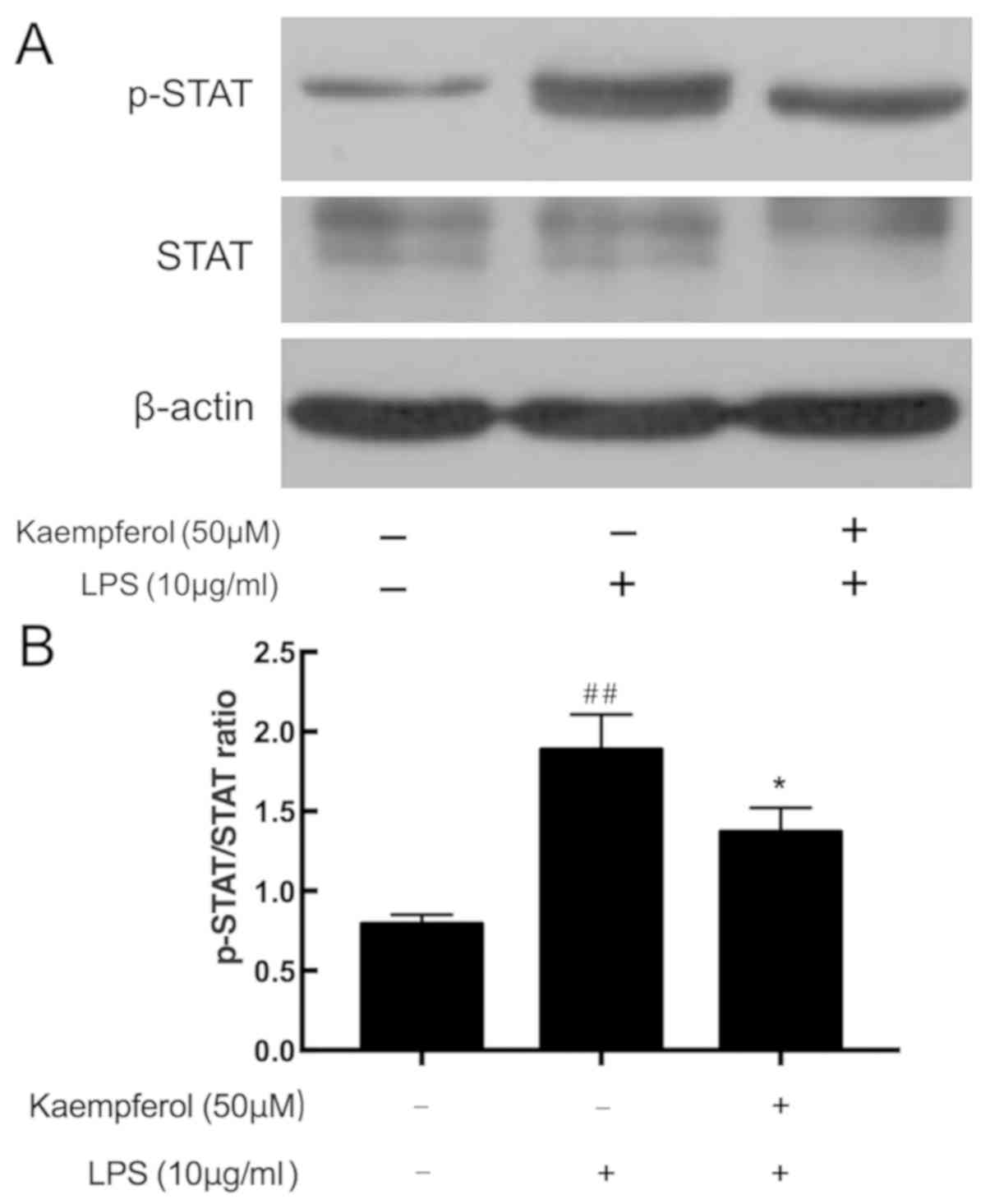|
1
|
Vezza T, Rodríguez-Nogales A, Algieri F,
Utrilla MP, Rodriguez-Cabezas ME and Galvez J: Flavonoids in
inflammatory bowel disease: A review. Nutrients. 8:2112016.
View Article : Google Scholar : PubMed/NCBI
|
|
2
|
Moldoveanu AC, Diculescu M and Braticevici
CF: Cytokines in inflammatory bowel disease. Rom J Intern Med.
53:118–127. 2015.PubMed/NCBI
|
|
3
|
Klampfer L: Cytokines, inflammation and
colon cancer. Curr Cancer Drug Targets. 11:451–466. 2011.
View Article : Google Scholar : PubMed/NCBI
|
|
4
|
Liu TC and Stappenbeck TS: Genetics and
pathogenesis of inflammatory bowel disease. Annu Rev Pathol.
11:127–148. 2016. View Article : Google Scholar : PubMed/NCBI
|
|
5
|
de Boer NK, van Bodegraven AA, Jharap B,
de Graaf P and Mulder CJ: Drug Insight: Pharmacology and toxicity
of thiopurine therapy in patients with IBD. Nat Clin Pract
Gastroenterol Hepatol. 4:686–694. 2007. View Article : Google Scholar : PubMed/NCBI
|
|
6
|
Dodda D, Chhajed R and Mishra J:
Protective effect of quercetin against acetic acid induced
inflammatory bowel disease (IBD) like symptoms in rats: Possible
morphological and biochemical alterations. Pharmacol Rep.
66:169–173. 2014. View Article : Google Scholar : PubMed/NCBI
|
|
7
|
Park MY, Ji GE and Sung MK: Dietary
kaempferol suppresses inflammation of dextran sulfate
sodium-induced colitis in mice. Dig Dis Sci. 57:355–363. 2012.
View Article : Google Scholar : PubMed/NCBI
|
|
8
|
Yao L, Yao J, Han C, Yang J, Chaudhry MT,
Wang S, Liu H and Yin Y: Quercetin, Inflammation and Immunity.
Nutrients. 8:1672016. View Article : Google Scholar : PubMed/NCBI
|
|
9
|
Bhaskar S, Sudhakaran PR and Helen A:
Quercetin attenuates atherosclerotic inflammation and adhesion
molecule expression by modulating TLR-NF-κB signaling pathway. Cell
Immunol. 310:131–140. 2016. View Article : Google Scholar : PubMed/NCBI
|
|
10
|
Cho SY, Park SJ, Kwon MJ, Jeong TS, Bok
SH, Choi WY, Jeong WI, Ryu SY, Do SH, Lee CS, et al: Quercetin
suppresses proinflammatory cytokines production through MAP kinases
andNF-kappaB pathway in lipopolysaccharide-stimulated macrophage.
Mol Cell Biochem. 243:153–160. 2003. View Article : Google Scholar : PubMed/NCBI
|
|
11
|
Park MY, Kwon HJ and Sung MK: Evaluation
of aloin and aloe-emodin as anti-inflammatory agents in aloe by
using murine macrophages. Biosci Biotechnol Biochem. 73:828–832.
2009. View Article : Google Scholar : PubMed/NCBI
|
|
12
|
Binion DG, West GA, Ina K, Ziats NP,
Emancipator SN and Fiocchi C: Enhanced leukocyte binding by
intestinal microvascular endothelial cells in inflammatory bowel
disease. Gastroenterology. 112:1895–1907. 1997. View Article : Google Scholar : PubMed/NCBI
|
|
13
|
Swerlick RA and Lawley TJ: Role of
microvascular endothelial cells in inflammation. J Invest Dermatol.
100 Suppl:111S–115S. 1993. View Article : Google Scholar : PubMed/NCBI
|
|
14
|
Duan H, Zhang Y, Xu J, Qiao J, Suo Z, Hu G
and Mu X: Effect of anemonin on NO, ET-1 and ICAM-1 production in
rat intestinal microvascular endothelial cells. J Ethnopharmacol.
104:362–366. 2006. View Article : Google Scholar : PubMed/NCBI
|
|
15
|
Suo Z, Mu X, Xu J, Wang Z, Wang X, Duan H,
Hu G, Yang Z and Huang H: In vitro culture of rat intestinal mucous
microvascular endothelial cells. Acta Anatomica Sinica. 36:214–217.
2005.(In Chinese).
|
|
16
|
Kasper JY, Hermanns MI, Cavelius C,
Kraegeloh A, Jung T, Danzebrink R, Unger RE and Kirkpatrick CJ: The
role of the intestinal microvasculature in inflammatory bowel
disease: Studies with a modified Caco-2 model including endothelial
cells resembling the intestinal barrier in vitro. Int J
Nanomedicine. 11:6353–6364. 2016. View Article : Google Scholar : PubMed/NCBI
|
|
17
|
Francescone R, Hou V and Grivennikov SI:
Cytokines, IBD, and colitis-associated cancer. Inflam Bowel Dis.
21:409–418. 2015. View Article : Google Scholar
|
|
18
|
Lu JT, Xu AT, Shen J and Ran ZH: Crosstalk
between intestinal epithelial cell and adaptive immune cell in
intestinal mucosal immunity. J Gastroenterol Hepatol. 32:975–980.
2017. View Article : Google Scholar : PubMed/NCBI
|
|
19
|
Hu YS, Lin RY, Bian YF, Fan K and Liu ZJ:
Protective effect of kushenlu on lipopolysaccharide-induced small
intestinal inflammation in rats. Int J Pharmacol. 13:473–480. 2017.
View Article : Google Scholar
|
|
20
|
Liu J, Xue J, Zhu Z, Hu G and Ren X:
Lactic acid inhibits NF-κB activation by lipopolysaccharide in rat
intestinal mucosa microvascular endothelial cells. Agr Sci China.
10:954–959. 2011. View Article : Google Scholar
|
|
21
|
Xavier RJ and Podolsky DK: Unravelling the
pathogenesis of inflammatory bowel disease. Nature. 448:427–434.
2007. View Article : Google Scholar : PubMed/NCBI
|
|
22
|
Xanthoulea S, Pasparakis M, Kousteni S,
Brakebusch C, Wallach D, Bauer J, Lassmann H and Kollias G: Tumor
Necrosis Factor (TNF) receptor shedding controls thresholds of
innate immune activation that balance opposing TNF functions in
infectious and inflammatory diseases. J Exp Med. 200:367–376. 2004.
View Article : Google Scholar : PubMed/NCBI
|
|
23
|
Binion DG and Rafiee P: Is inflammatory
bowel disease a vascular disease? Targeting angiogenesis improves
chronic inflammation in inflammatory bowel disease.
Gastroenterology. 136:400–403. 2009. View Article : Google Scholar : PubMed/NCBI
|
|
24
|
Medda R, Lyros O, Schmidt JL, Jovanovic N,
Nie L, Link BJ, Otterson MF, Stoner GD, Shaker R and Rafiee P: Anti
inflammatory and anti angiogenic effect of black raspberry extract
on human esophageal and intestinal microvascular endothelial cells.
Microvasc Res. 97:167–180. 2015. View Article : Google Scholar : PubMed/NCBI
|
|
25
|
Dhawan A, Friedrichs J, Bonin MV,
Bejestani EP, Werner C, Wobus M, Chavakis T and Bornhäuser M:
Breast cancer cells compete with hematopoietic stem and progenitor
cells for intercellular adhesion molecule 1-mediated binding to the
bone marrow microenvironment. Carcinogenesis. 37:759–767. 2016.
View Article : Google Scholar : PubMed/NCBI
|
|
26
|
Chen X, Yang X, Liu T, Guan M, Feng X,
Dong W, Chu X, Liu J, Tian X, Ci X, et al: Kaempferol regulates
MAPKs and NF-κB signaling pathways to attenuate LPS-induced acute
lung injury in mice. Int Immunopharmacol. 14:209–216. 2012.
View Article : Google Scholar : PubMed/NCBI
|
|
27
|
Comalada M, Camuesco D, Sierra S,
Ballester I, Xaus J, Gálvez J and Zarzuelo A: In vivo quercitrin
anti-inflammatory effect involves release of quercetin, which
inhibits inflammation through down-regulation of the NF-kappaB
pathway. Eur J Immunol. 35:584–592. 2005. View Article : Google Scholar : PubMed/NCBI
|
|
28
|
Cui L, Feng L, Zhang ZH and Jia XB: The
anti-inflammation effect of baicalin on experimental colitis
through inhibiting TLR4/NF-κB pathway activation. Int
Immunopharmacol. 23:294–303. 2014. View Article : Google Scholar : PubMed/NCBI
|
|
29
|
Li Z, Zhang DK, Yi WQ, Ouyang Q, Chen YQ
and Gan HT: NF-kappaB p65 antisense oligonucleotides may serve as a
novel molecular approach for the treatment of patients with
ulcerative colitis. Arch Med Res. 39:729–734. 2008. View Article : Google Scholar : PubMed/NCBI
|
|
30
|
Lucas K and Maes M: Role of the toll like
receptor (TLR) radical cycle in chronic inflammation: Possible
treatments targeting the TLR4 pathway. Mol Neurobiol. 48:190–204.
2013. View Article : Google Scholar : PubMed/NCBI
|
|
31
|
Akira S, Hoshino K and Kaisho T: The role
of Toll-like receptors and MyD88 in innate immune responses. J
Endotoxin Res. 6:383–387. 2000. View Article : Google Scholar : PubMed/NCBI
|
|
32
|
Chen C, Chen YH and Lin WW: Involvement of
p38 mitogen-activated protein kinase in lipopolysaccharide-induced
iNOS and COX-2 expression in J774 macrophages. Immunology.
97:124–129. 1999. View Article : Google Scholar : PubMed/NCBI
|
|
33
|
Liu W, Liu Y, Wang Z, Yu T, Lu Q and Chen
H: Suppression of MAPK and NF-κB pathways by schisandrin B
contributes to attenuation of DSS-induced mice model of
inflammatory bowel disease. Pharmazie. 70:598–603. 2015.PubMed/NCBI
|
|
34
|
Amiot A and Peyrin-Biroulet L: Current,
new and future biological agents on the horizon for the treatment
of inflammatory bowel diseases. Ther Adv Gastroenter. 8:66–82.
2015. View Article : Google Scholar
|
|
35
|
Huang CH, Jan RL, Kuo CH, Chu YT, Wang WL,
Lee MS, Chen HN and Hung CH: Natural flavone kaempferol suppresses
chemokines expression in human monocyte THP-1 cells through MAPK
pathways. J Food Sci. 75:H254–H259. 2010. View Article : Google Scholar : PubMed/NCBI
|
|
36
|
Yoon HY, Lee EG, Lee H, Cho IJ, Choi YJ,
Sung MS, Yoo HG and Yoo WH: Kaempferol inhibits IL-1β-induced
proliferation of rheumatoid arthritis synovial fibroblasts and the
production of COX-2, PGE2 and MMPs. Int J Mol Med. 32:971–977.
2013. View Article : Google Scholar : PubMed/NCBI
|
|
37
|
Lian JJ, Cheng BF, Gao YX, Xue H, Wang L,
Wang M, Yang HJ and Feng ZW: Protective effect of kaempferol, a
flavonoid widely present in varieties of edible plants, on
IL-1β-induced inflammatory response via inhibiting MAPK, Akt, and
NF-κB signalling in SW982 cells. J Funct Foods. 27:214–222. 2016.
View Article : Google Scholar
|
|
38
|
Slattery ML, Lundgreen A, Kadlubar SA,
Bondurant KL and Wolff RK: JAK/STAT/SOCS-signaling pathway and
colon and rectal cancer. Mol Carcinog. 52:155–166. 2013. View Article : Google Scholar : PubMed/NCBI
|
|
39
|
Nunes C, Almeida L, Barbosa RM and
Laranjinha J: Luteolin suppresses the JAK/STAT pathway in a
cellular model of intestinal inflammation. Food Funct. 8:387–396.
2017. View Article : Google Scholar : PubMed/NCBI
|
|
40
|
Zhao HM, Xu R, Huang XY, Cheng SM, Huang
MF, Yue HY, Wang X, Zou Y, Lu AP and Liu DY: Curcumin suppressed
activation of dendritic cells via JAK/STAT/SOCS signal in mice with
experimental colitis. Front Pharmacol. 7:4552016. View Article : Google Scholar : PubMed/NCBI
|
|
41
|
Gong JH and Kang YH: Kaempferol inhibits
chemokine expression and attenuates airway inflammation by
suppressing STAT/JAK and NF-kB activity in human airway epithelial
cells. FASEB J. 25 Suppl 1:lb1–1130.6. 2011.
|















